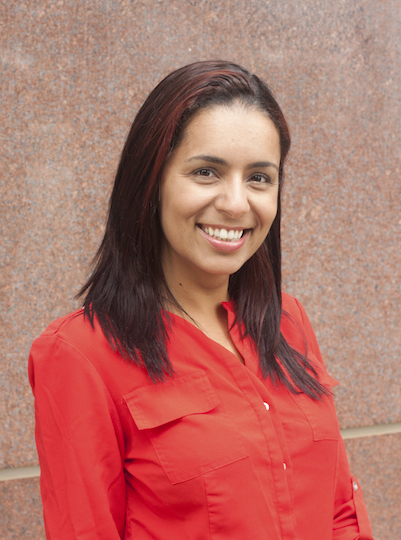
Mariana Byndloss, D.V.M, Ph.D.
- Assistant Professor of Pathology, Microbiology and Immunology
Phone
Dept. of Pathology, Microbiology and Immunology
U-2210 MCN
1161 21st Avenue South
Nashville, TN 37232
U-2210 MCN
1161 21st Avenue South
Nashville, TN 37232
Mariana Byndloss, D.V.M, Ph.D.
- Assistant Professor of Pathology, Microbiology and Immunology
(615) 343-0087
mariana.x.byndloss@vumc.org
Dept. of Pathology, Microbiology and Immunology
U-2210 MCN
1161 21st Avenue South
Nashville, TN 37232
U-2210 MCN
1161 21st Avenue South
Nashville, TN 37232
Research Program
Departments/Affiliations
Education
- Ph.D., Universidade Federal de Minas Gerais, Belo Horizonte, Brazil (2013)
- M.V.Sc., Universidade Federal de Minas Gerais, Belo Horizonte, Brazil (2009)
- D.V.M., Universidade Federal de Minas Gerais, Belo Horizonte, Brazil (2007)


